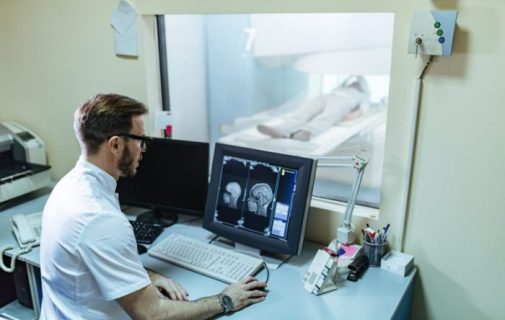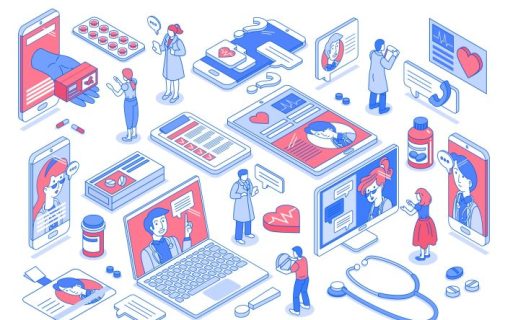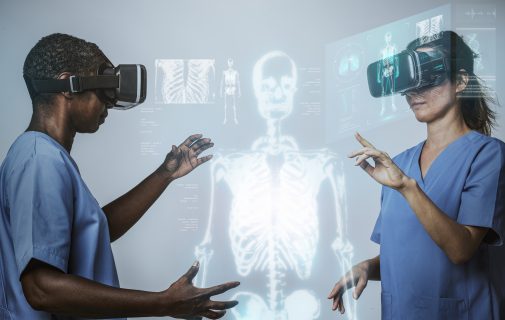 How Digitization is Transforming Healthcare
How Digitization is Transforming Healthcare
In today’s digitized healthcare environment, providing patients with the best experience possible depends on how you use data and the technology at your disposal. In the past twenty years, many health organizations have implemented various digital technologies to help them in their day-to-day work. However, in many situations, this was a very slow and time-consuming process that required implementing things like electronic records management and AI-powered apps without losing focus on what’s most important: providing patients with the best possible experiences.
There is no doubt that the recent pandemic has had a monumental impact on just about every organization in the healthcare field. Things like telehealth and care provided in the patients’ homes became a new model that many people started to prefer. However, this change did not come as quickly as many people think. Covid-19 accelerated many trends, caused the consumer to alter their preferences, expedited the development of new technology, and enhanced talent models and health innovation. In order to stay on top of all these trends, health organizations started adapting their companies and working on a better approach to digital technologies.
Let’s take a closer look at the role technology is playing in today’s health landscape and the challenges that need to be overcome.
Challenges That Come With Digitization
The amounts of medical data that come from patients are rapidly accumulating, and healthcare professionals simply cannot keep up. Even with digital technologies, it can be challenging to parse through all of the data and find exactly what you need. This is why a lot of the data that is stored in the databases remains unused in terms of both patient and outpatient environments.
Therefore, there is really no sense in collecting and storing the data if it does not offer any insights doctors can act on. If the doctors feel overwhelmed by the volume of information, hospitals need to bring in the needed analytical expertise, which will allow them to better integrate and use the data to benefit the patient. This is why there is a huge need for technology that analyzes patient data and provides health professionals with insights in a user-friendly way.
Furthermore, ensuring that therapeutic decisions comply with clinical guidelines is front of mind for all healthcare providers. If the guidelines are not followed, this could lead to higher costs and extended hospital stays.
Healthcare Roles are Not What They Were a Decade Ago
When faced with chronic conditions, patients are not sitting idly but rather taking actions such as researching their condition online and coming to their doctors prepared with questions and ideas. While going online and searching for highly complex medical information by yourself is not widely encouraged, there is a way doctors can utilize this for the patient’s benefit. They can help patients overcome certain fears, give them more hope and become more qualified to discuss their conditions with their doctors. Therefore, the digitization shift we are observing can lead to an overall shift from the way things used to be to a more collaborative approach where patients and doctors can each play a role in making decisions.
Therefore, all of the new health technologies can help patients suffering from chronic conditions and can help promote healthy behaviors, take their medications on time and improve their communication with their doctors, which may lead to an overall reduction in hospital stays.
Many healthcare organizations have already started implementing such technologies like the
Heart and Diabetes Center in North Rhine-Westphalia in Germany. Patients are provided with mobile ECG monitors and blood pressure sensors which collect data that can be sent over a smartphone to the necessary medical team who can access the information on an easy-to-read display. Also, doctors can contact patients via text. One of the big goals of the project is to prevent cardiac decompensation and hospital admissions by intervening early and providing the needed therapy adjustments that improve the patient’s overall quality of life.
Staying Flexible is the Key to Digital Transformation
Digital transformation means something different to every health system and every stakeholder. However, most survey respondents and interviewees agree that it is more than just transferring paper processes to a digital environment. Digital transformation is a new way to deliver care, improve processes, and meet the well-being needs of consumers. Deloitte defines digital transformation as the use of digital technologies to radically improve the performance or reach of an organization. In a digitally transformed business, digital technologies enable improved processes, engaged talent, and new business models. This can take significant time and can expect scrutiny of efforts. It, therefore, requires a thoughtful approach to ensure alignment with business goals.

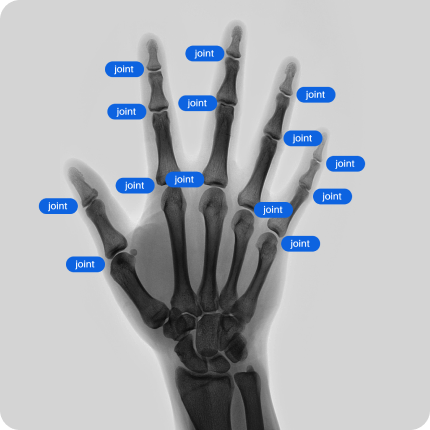
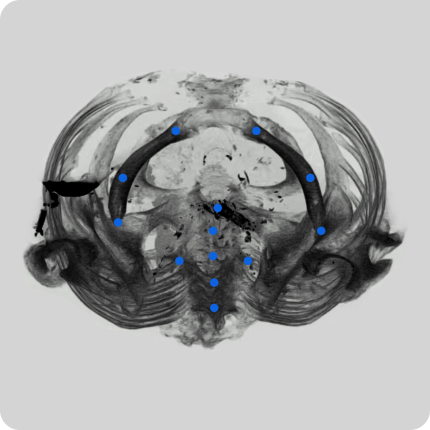
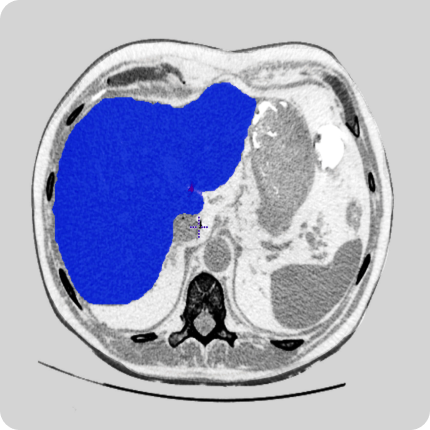




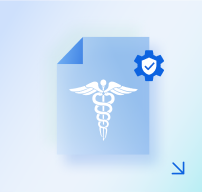






 How Digitization is Transforming Healthcare
How Digitization is Transforming Healthcare






